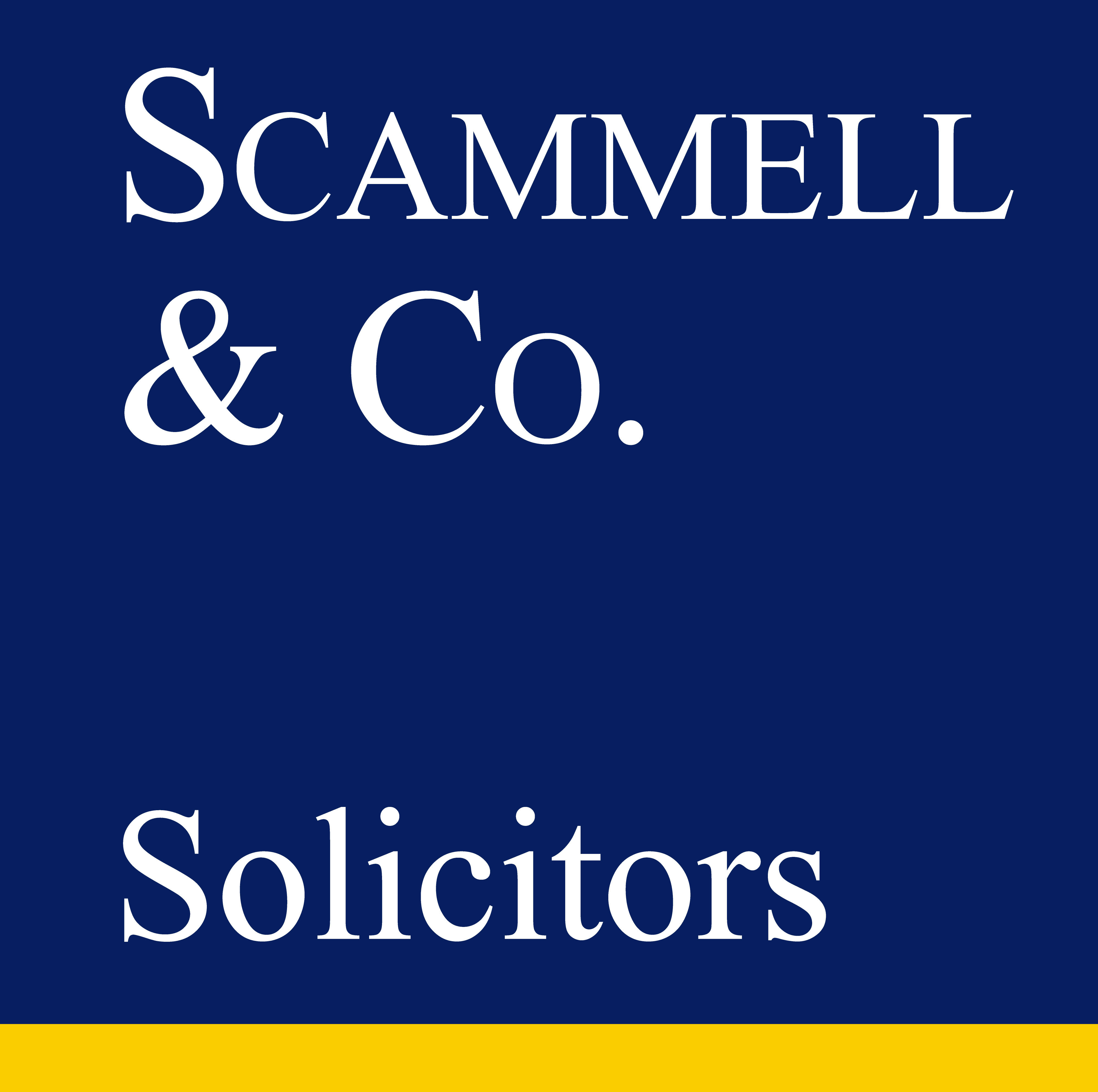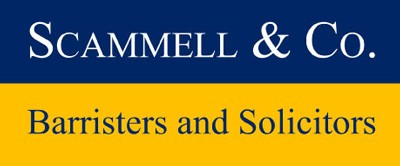Superannuation is likely to be one of your major assets/financial resources. If you have a self-managed superannuation fund (SMSF) it is important to consider who will control it if you become incapacitated or die. You also need to consider what arrangements are in place to ensure payment of your death benefit to your beneficiaries.
Loss of mental capacity:
All members of your SMSF must also be eligible to act as trustees of the fund (or directors of a corporate fund). Trustees control the day-to-day decision making of the fund. As a trustee of your SMSF, it is important that you have an Enduring Power of Attorney (POA) in place in the event you lose mental capacity. If loss of capacity were to occur it could lead to the cessation of your role as the fund’s trustee (or company director). Your appointed POA must be someone you trust to manage your affairs.
Death of a SMSF trustee/member:
Your superannuation death benefit does not automatically form part of your deceased estate. A binding death benefit nomination (BDBN) generally overrides trustee discretions and can help avoid disputes – but only if it is valid and correctly executed. Read your trust deed carefully to determine the requirements for format, witnessing and renewal. Also, if you are receiving a pension from your SMSF you ought to have made a reversionary pension nomination so that your spouse or dependent children continue to receive payments. This would not be suitable if you wish for benefits to be paid to a non-dependant adult child, more than one person, or, to your estate.
Beneficiaries:
Under superannuation law benefits can only be directed to a current spouse (legal or de-facto), child (including step-child), financial dependant or executor of your estate. Any other nomination may be fully or partially invalid and revert to trustee discretion. Also, your current spouse is a potential beneficiary of your super – even if you are separated, in which case you may wish to consider whether or not a divorce can be pursued.
Tax planning:
Withdrawals made after age 60 are tax-free (unless withdrawn from an untaxed fund). But if you pass away with a taxable component in your account, beneficiaries may be required to pay tax on that component. So that funds can flow through to the estate and on to family members tax-free, one option is to employ a re-contribution strategy whereby members convert taxable balances to tax-free balances.
As always, seek professional advice as every situation is unique.
Malcolm Daws
Senior Solicitor / Consultant
Wills & Estate Planning
mdaws@scammell.com.au




